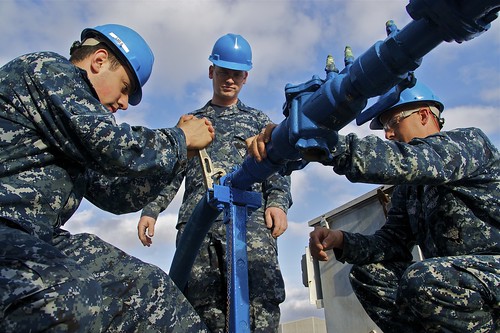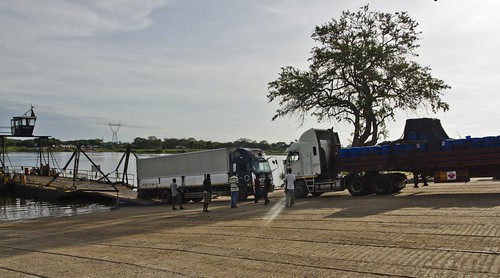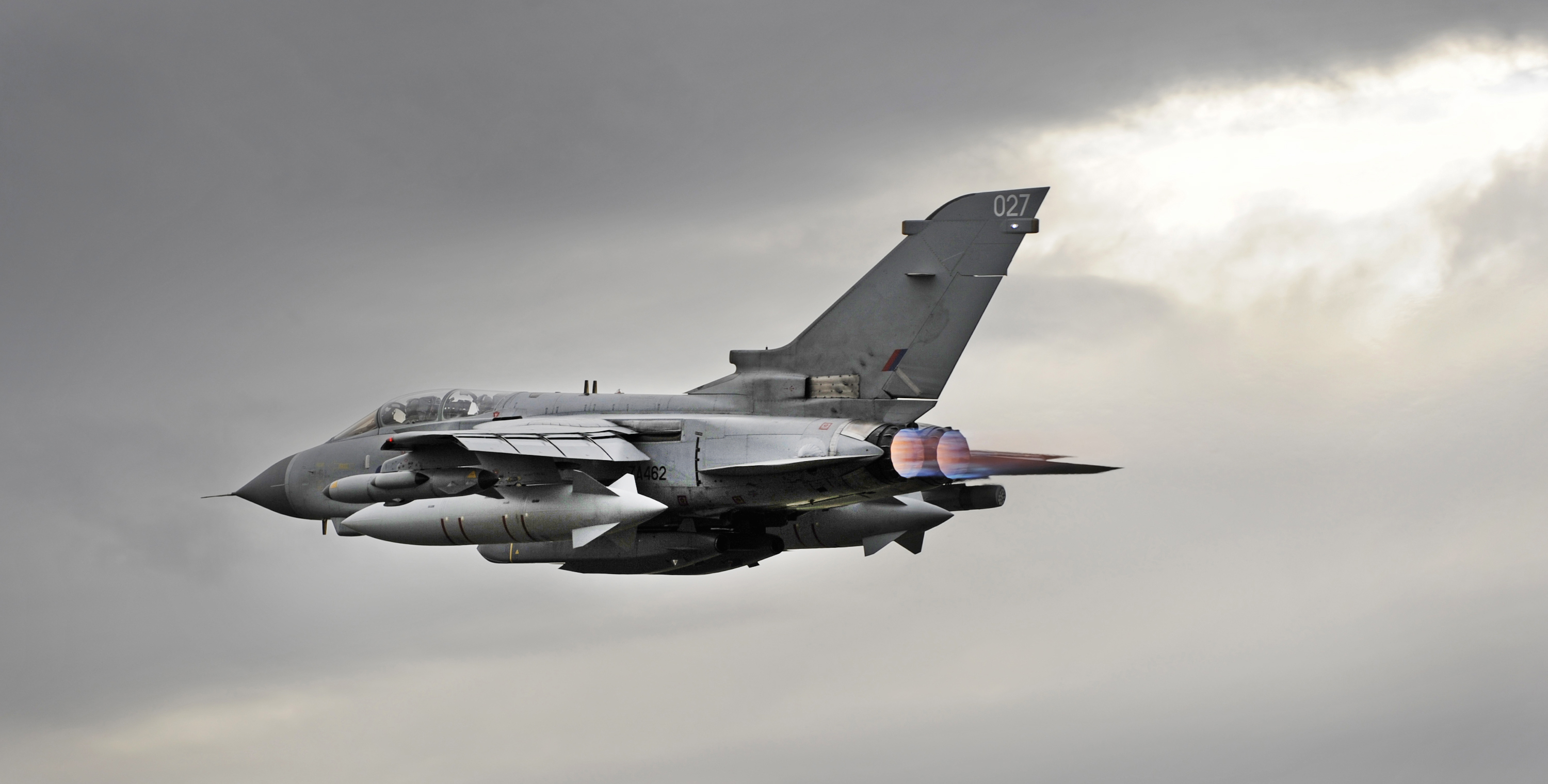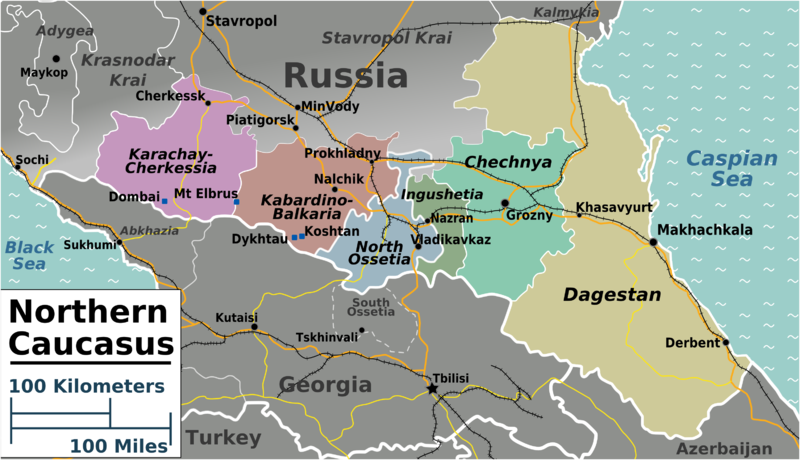
Because of a broadening of actors involved in water security, and decreases in irrigation demand in some areas, so-called ‘water wars’ will likely be avoided, though the failure of governments to provide basic municipal services in cities could be a source of conflict, said Ben Crow, professor and department chair of sociology at the University of California, Santa Cruz.
“It’s quite possible that the failure of governments to provide access to water and sanitation, and, more broadly, to the rights of city living, could be a cause of instability and lack of government legitimacy,” he said.




